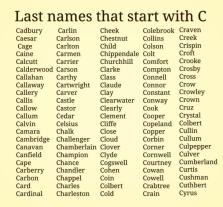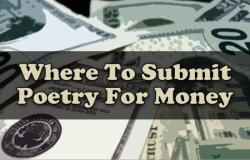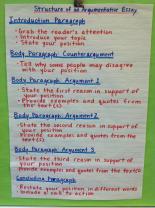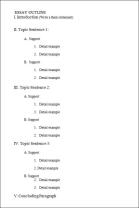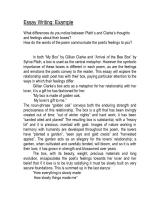What are creative writing classes?
Creative writing classes are instructional courses that focus on developing and honing creative writing skills. These classes are designed to inspire and guide individuals in expressing their thoughts, ideas, and stories through various forms of written expression. Creative writing classes are offered at different educational levels, from introductory workshops to advanced courses, and they cover a range of genres and writing styles.
Here is an overview of what you might expect in a creative writing class:
Exploration of Genres:
- Creative writing classes often explore various genres of writing, including fiction, poetry, creative nonfiction, drama, and more. Students may have the opportunity to experiment with different genres to discover their preferences and strengths.
Writing Workshops:
- Workshops are a central component of creative writing classes. In these sessions, students share their work with peers, and constructive feedback is provided. Workshop discussions focus on elements such as plot, character development, dialogue, imagery, and style.
Craft Elements:
- Creative writing classes delve into the craft of writing, emphasizing key elements such as characterization, plot structure, point of view, setting, and dialogue. Instruction often includes analyzing published works to understand how successful authors employ these elements.
Writing Exercises and Prompts:
- Classes typically involve writing exercises and prompts to stimulate creativity and help students overcome writer's block. These activities encourage free expression and exploration of new ideas.
Revision and Editing:
- Understanding the revision and editing process is crucial in creative writing. Classes often cover strategies for revising and refining written work, emphasizing the importance of multiple drafts to improve the overall quality of writing.
Literary Analysis:
- Some classes incorporate literary analysis, encouraging students to critically evaluate published works. Analyzing the writing techniques of established authors can provide valuable insights for developing one's own writing skills.
Creative Critique:
- Learning to give and receive constructive feedback is an essential aspect of creative writing classes. Students practice providing thoughtful critiques and receiving feedback from peers and instructors.
Portfolio Development:
- In longer-term classes or creative writing programs, students may work on building a portfolio of their best writing pieces. This portfolio can serve as a showcase of their skills and creativity.
Author Visits and Guest Speakers:
- Some classes may feature guest authors or industry professionals who share insights into the writing and publishing process. This exposure provides students with a broader understanding of the writing world.
Publication Opportunities:
- In some courses, students may explore opportunities for publishing their work, either through literary magazines, online platforms, or other avenues. Instructors may guide students on submitting their writing to external publications.
Creative writing classes can be found at universities, community colleges, writing centers, and through online platforms. They cater to individuals with various levels of writing experience and interests, making them a valuable resource for aspiring writers seeking to enhance their skills and express their creativity.
What are the primary components of creative writing classes?
The primary components of creative writing classes can be categorized into three main areas:
1. Fundamentals of Writing:
- Grammar and Mechanics: A solid foundation in grammar, punctuation, and sentence structure is essential for clear and effective communication in any writing form.
- Vocabulary Acquisition: Expanding your vocabulary allows you to express yourself more precisely and creatively.
- Writing Skills Development: Exercises and workshops focus on improving specific writing skills like narrative structure, character development, dialogue, and descriptive writing.
- Creative Thinking and Imagination: Exercises and prompts stimulate creative thinking and encourage exploration of different writing styles and genres.
2. Analysis and Critique:
- Reading and Analyzing Literature: Studying various literary works helps you understand effective writing techniques, different styles, and narrative structures.
- Peer Review and Feedback: Sharing your work with classmates and receiving constructive feedback is crucial for identifying areas for improvement and refining your writing skills.
- Discussion and Analysis: Engaging in discussions about literature and writing allows you to explore different perspectives, analyze writing techniques, and develop your critical thinking skills.
- Self-Assessment and Reflection: Regularly evaluating your own writing and identifying areas for growth is essential for continuous improvement.
3. Creative Inspiration and Practice:
- Writing Exercises and Prompts: Various prompts and exercises encourage experimentation, exploration of different genres, and development of your unique voice.
- Genre-Specific Techniques: Exploring the specific techniques and conventions of different genres like fiction, poetry, and scriptwriting.
- Guest Speakers and Workshops: Learning from established writers and professionals through workshops and lectures can provide valuable insights and inspiration.
- Independent Writing Projects: Completing longer writing projects like short stories, poems, or scripts allows you to apply your skills and develop your own creative vision.
The specific focus and emphasis of these components may vary depending on the level of the class (beginner, intermediate, advanced), the genre focus (fiction, poetry, scriptwriting), and the teaching style of the instructor. However, these core elements provide a comprehensive approach to fostering creativity, developing writing skills, and nurturing a love for writing in students.




